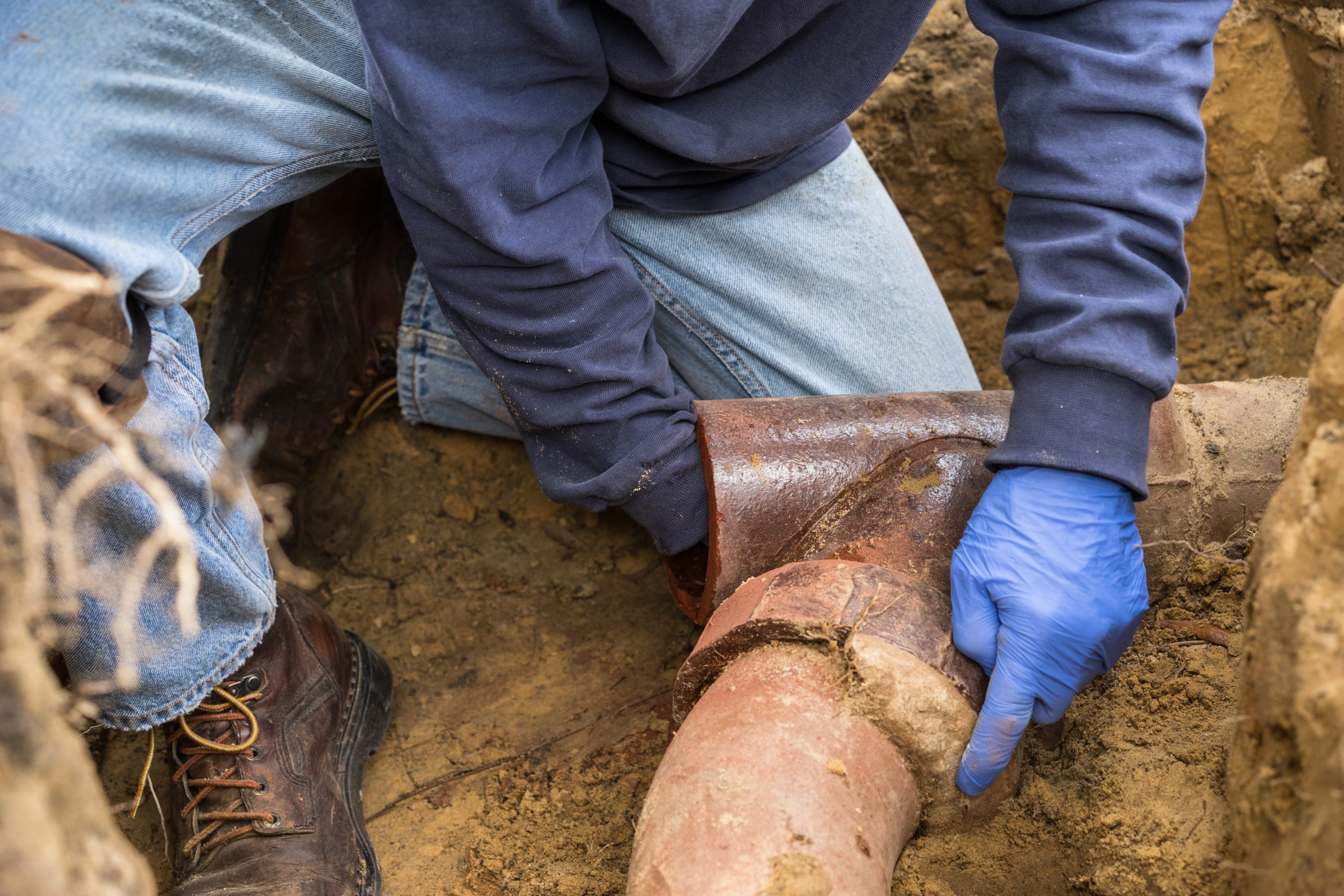
31 Jul. 20
Common Signs of a Sewer Drain Clog
Warning signs of sewer drain clog
You are probably aware of the functions of your home’s sewer line; it transports the wastewater to the underground sewer line. And like any other plumbing fixtures in your home, this too can also get clogged. When this happens and left unaddressed, the wastewater may go back up your sewer line, out of your toilet, and flood your floor. To be able to address the problem right away, it is important for you to know when your sewer line is having a problem. Here are the 3 most common signs that your sewer drain is clogged.
- Consistent clogged drain
One of the most common signs of sewer drain clog is when your toilet or other drains constantly gets clogged up. When this happens, it is important to call for help from a plumbing professional as they can unclog the problematic drain as well as find the root of the problem.
- Water backup in the lowest drain
Normally, when the main sewer line is clogged, all the plumbing fixtures in your home will get affected too. And the lowest drain will be the first to show reactions by backing up; then the next drains will follow. Determine the lowest drain in your house, it could be the floor drain in the basement or the toilet in the lowest area of the house. You can also check by turning on the shower or faucet in the basement, flush the toilet, and turn on your washing machine. If water drains in all these fixtures are slow and with a gurgling sound, then that means that something could have blocked its passage.
- Backup in the sewer cleanout
The law mandates all homes to have a sewer cleanout installed. A sewer cleanout is a standing pipe that connects the main sewer line of the house to the municipal sewer. You will know if the sewer drain is clogged if the sewer cleanout backs up or if it has standing water in it with a foul smell.
- What to do when sewer drain is clogged
A clogged sewer drain should be considered a plumbing emergency. When you notice the warning signs mentioned above, contact professional plumbing contractors immediately to prevent major damage. While waiting for the plumbing contractors, avoid flushing the toilet or using the fixtures in your home that are connected to the draining system. If possible, shut off the main water supply and wait for the professional plumbers to inspect your plumbing system. Do not attempt to fix the problem with your DIY skills as it might just result in more costly repairs.
